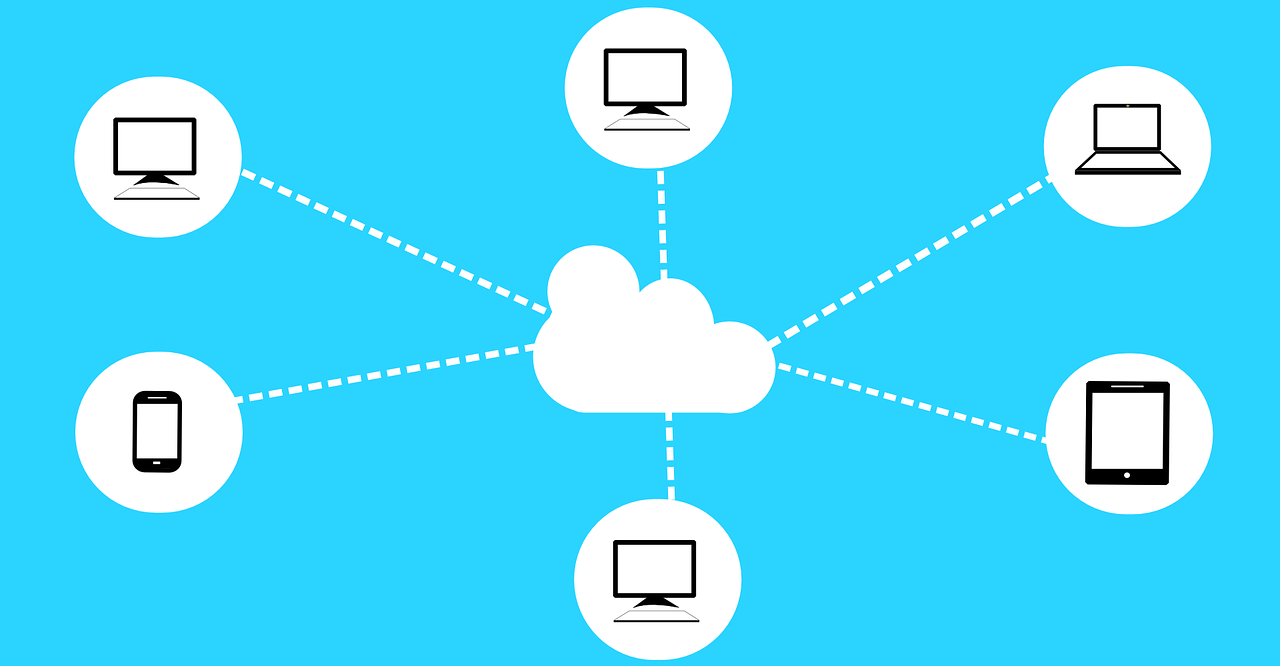As our world becomes increasingly digital and we are connecting to the Internet from multiple devices, our computing activities are moving to the cloud. Although the cloud is commonly associated with SAAS Solutions such as Xero, there is many other far more common examples. Do you bank on your phone? You're cloud computing; Editing Google Docs? You're cloud computing; Uploading a photo to Facebook? You're cloud computing. As businesses now move from having physical data storage to online storage, it's a good time to look at the benefits of using the cloud with your business. But should you use it?
A “cloud service” can refer to various offerings including G Suite, Xero, Dropbox, iCloud, Office 365 through to more complex options such as Amazon Web Services (AWS). Not entirely sure what the cloud is? Check this explanation out
Here’s some of the benefits of using the Cloud with your business.
Security
When your data is only managed on a computer system, it is accessible by anyone with access to that computer (and often security if only as good as the operator). With a cloud service, security is managed by the software provider and you can limit access to certain people giving control over who is accessing your data. Although there has been breaches, Cloud Services generally have high levels of security to prevent your data from having unauthorised access. Ongoing, automatic software updates also ensure that the systems and services are always up to date.
Back up facilities
Cloud technology backs up your files as you work on them. If the computer system you are working on crashes, it won't matter as a back up of the file to it's last modification is available in the cloud.
Cost
Cloud Technology means you don't have to invest large amounts of money in computers and hardware. Cloud Technology is more cost effective as you are sharing the cost with other customers therefore keeping the price lower AND as you're not investing in hardware you're also saving on maintenance costs.
Collaboration
With cloud services, team members can access files anywhere anytime. It also means they can do it together without having to be in the same room.
Scalability
Virtual storage isn't restricted by physical space. The great part of using the cloud is you only have to buy what you need and then as you scale you can adjust your amount of storage instantly.
Remote Access
You don't need a computer to access cloud services. Most cloud services offer Apps or mobile friendly websites you can access too. As long as you have an internet connection; your content is accessible. Certain cloud services such a G Suite also offer offline editing facilities too.
Flexibility
There are various options available when it comes to cloud services. For example, public; private; dedicated; hybrid. Each type offers features to suit your specific requirements and while you may need a combination it will still offer you far more flexibility than offline data storage.
Get industry updates and more tips delivered to you weekly
--
DCODE GROUP are accredited partners in cloud services such as Xero and AWS, we work with our clients to ensure their systems are as up to date and most suited to their requirements as possible. If you're still using offline data storage for your files and folders, it's time to efficiently manage them and move to the cloud.
If you would like to talk through your options for data storage, drop us a line and we'll be in touch.
--
Get updates, tips and industry news delivered directly to you





